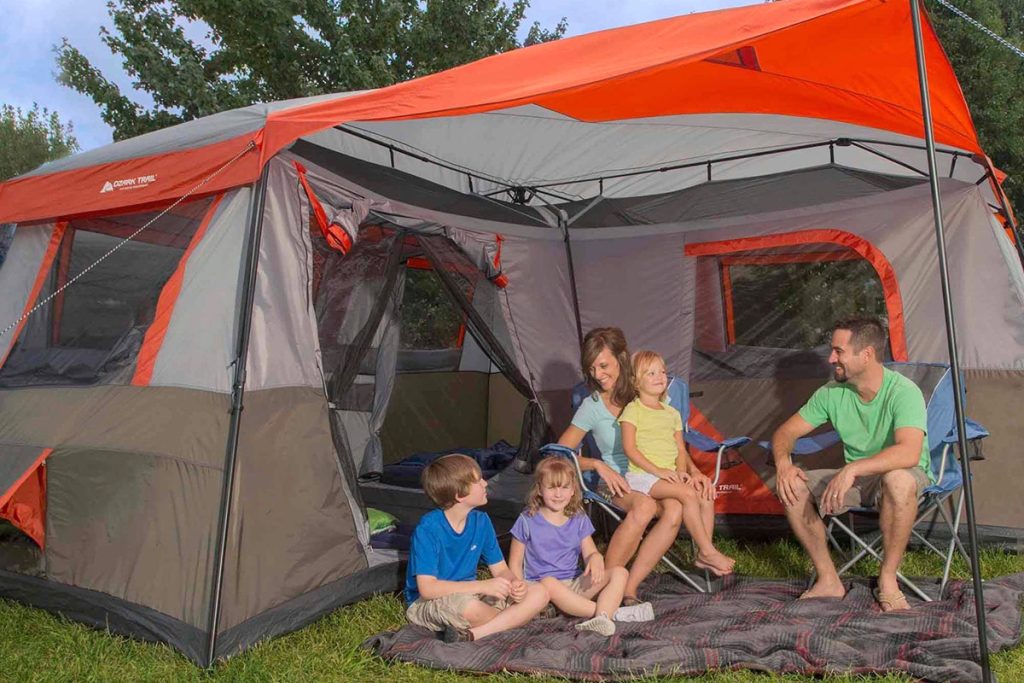Embarking on a camping adventure often means immersing oneself in the beauty of nature, but finding the right shelter can make or break the experience. Choosing the perfect camping tent is not just about protection from the elements it is about creating a haven that balances comfort and functionality. Here is a comprehensive guide to help you find the pinnacle of comfort for your next outdoor excursion.
Size Matters – The first consideration when choosing a camping tent is size. A tent that is too cramped can make the camping experience less enjoyable. Consider the number of people who will be sharing the tent and their gear. Additionally, if you are someone who values a little extra space, opting for a tent designed for one or two more people than your actual group size is a good idea.
Seasonal Suitability – Tents are designed for specific seasons. A three-season tent is suitable for spring, summer, and fall, offering ventilation and protection against mild weather. On the other hand, four-season tents are built for harsh winter conditions, with sturdy materials to withstand snow and strong winds. Choose a tent that aligns with the seasons you plan to camp in.
 Ease of Setup – The last thing you want after a long day of hiking is to struggle with setting up your tent. Look for tents with straightforward setups and color-coded poles to make the process smoother. Freestanding tents are also more convenient, allowing you to easily move and position your tent before securing it.
Ease of Setup – The last thing you want after a long day of hiking is to struggle with setting up your tent. Look for tents with straightforward setups and color-coded poles to make the process smoother. Freestanding tents are also more convenient, allowing you to easily move and position your tent before securing it.
Weight and Portability – If you are a backpacker, weight is a crucial factor. Lightweight tents are ideal for those covering long distances on foot. However, if you are car camping, you can afford to prioritize comfort over weight. Strike a balance that suits your camping style and transportation means and read camping tents reviews.
Ventilation and Condensation – Ventilation is key to a comfortable night’s sleep. Tents with mesh panels and adjustable vents help maintain airflow, reducing the likelihood of condensation inside the tent. Proper ventilation not only prevents moisture buildup but also ensures a cool and comfortable atmosphere.
Material and Durability – The material of your tent affects its durability and weather resistance. Rip stop nylon and polyester are common choices for their durability and water-resistant properties. Additionally, a good rainfly is essential for keeping you dry during unexpected showers. Invest in a tent with robust construction that can withstand various weather conditions.
Vestibules and Storage – Having extra space outside the sleeping area can enhance your camping experience. Tents with vestibules provide a sheltered space to store gear, keeping the sleeping area organized and clutter-free. Look for tents with ample storage options to maximize comfort during your stay.
Budget Considerations – While it is tempting to splurge on the latest and greatest tent, it is important to align your purchase with your budget. There are excellent tents available at various price points, so consider your needs and find the best balance between quality and affordability.
The perfect camping tent is a harmonious blend of size, seasonal suitability, ease of setup, weight, ventilation, material, storage, and budget considerations. By carefully evaluating these factors, you can ensure that your camping shelter becomes a haven of comfort, providing the perfect balance between nature and modern convenience.